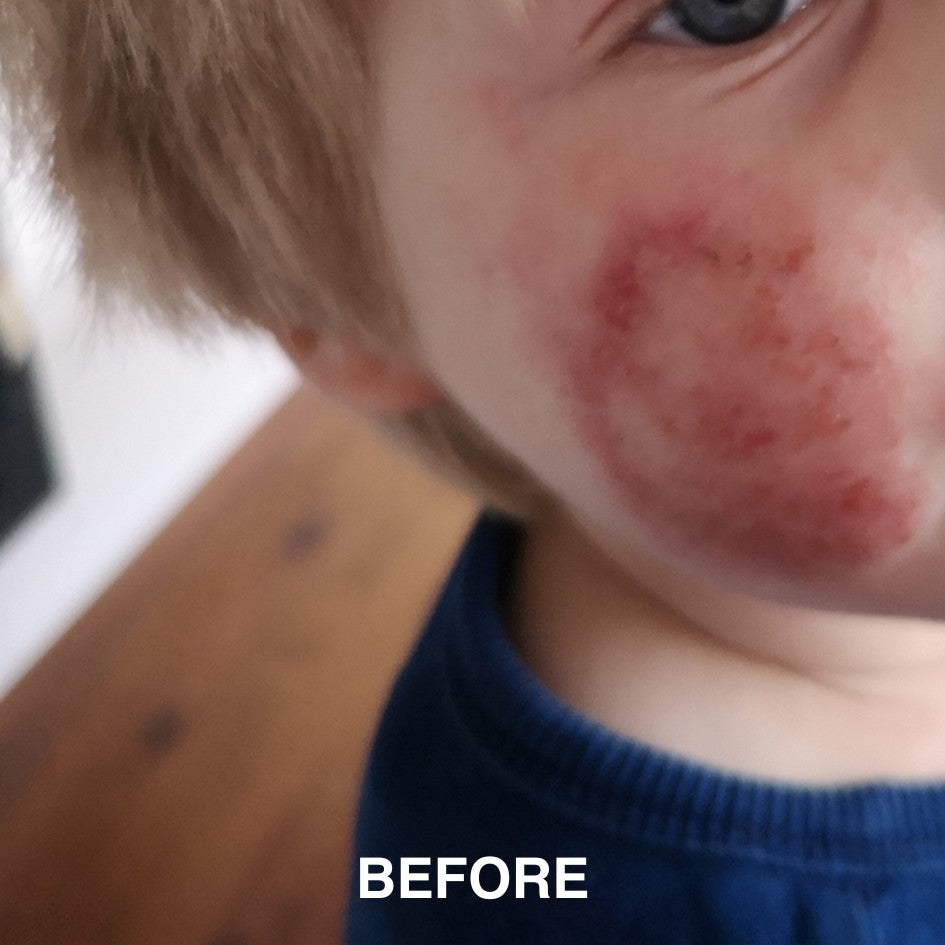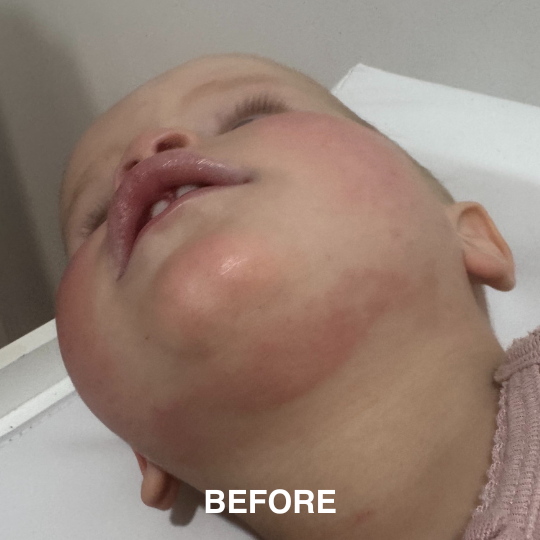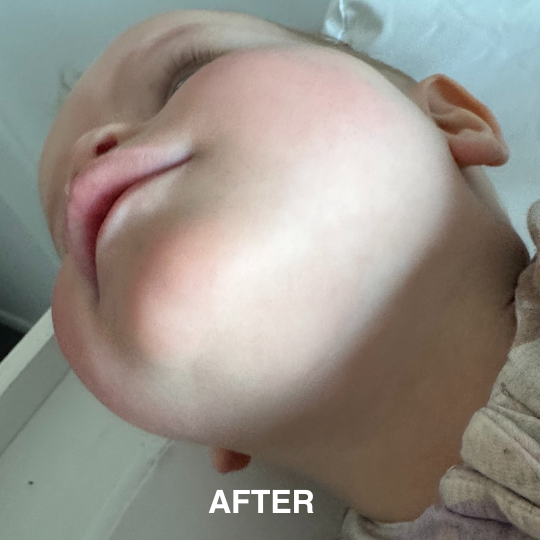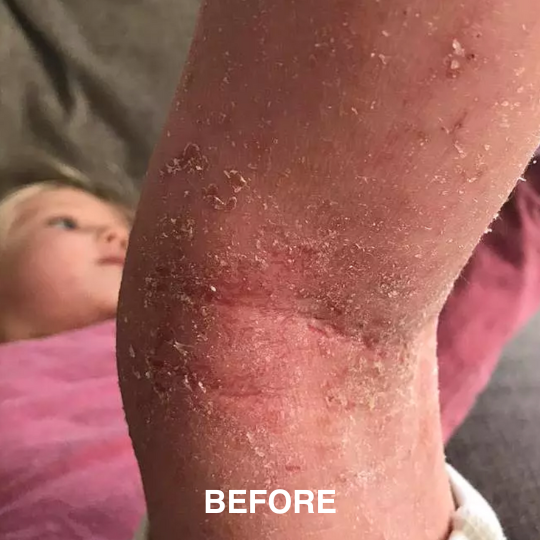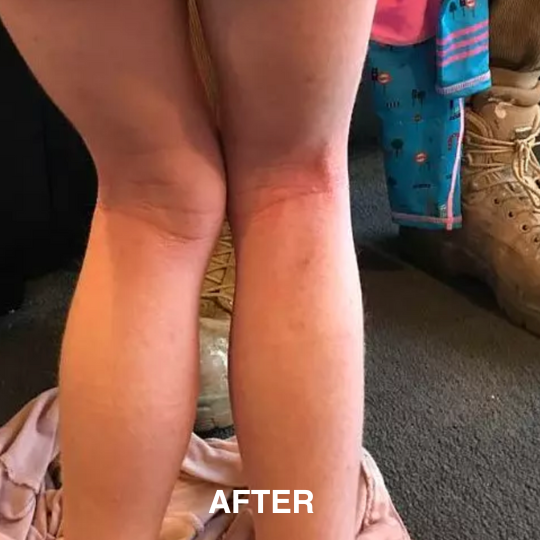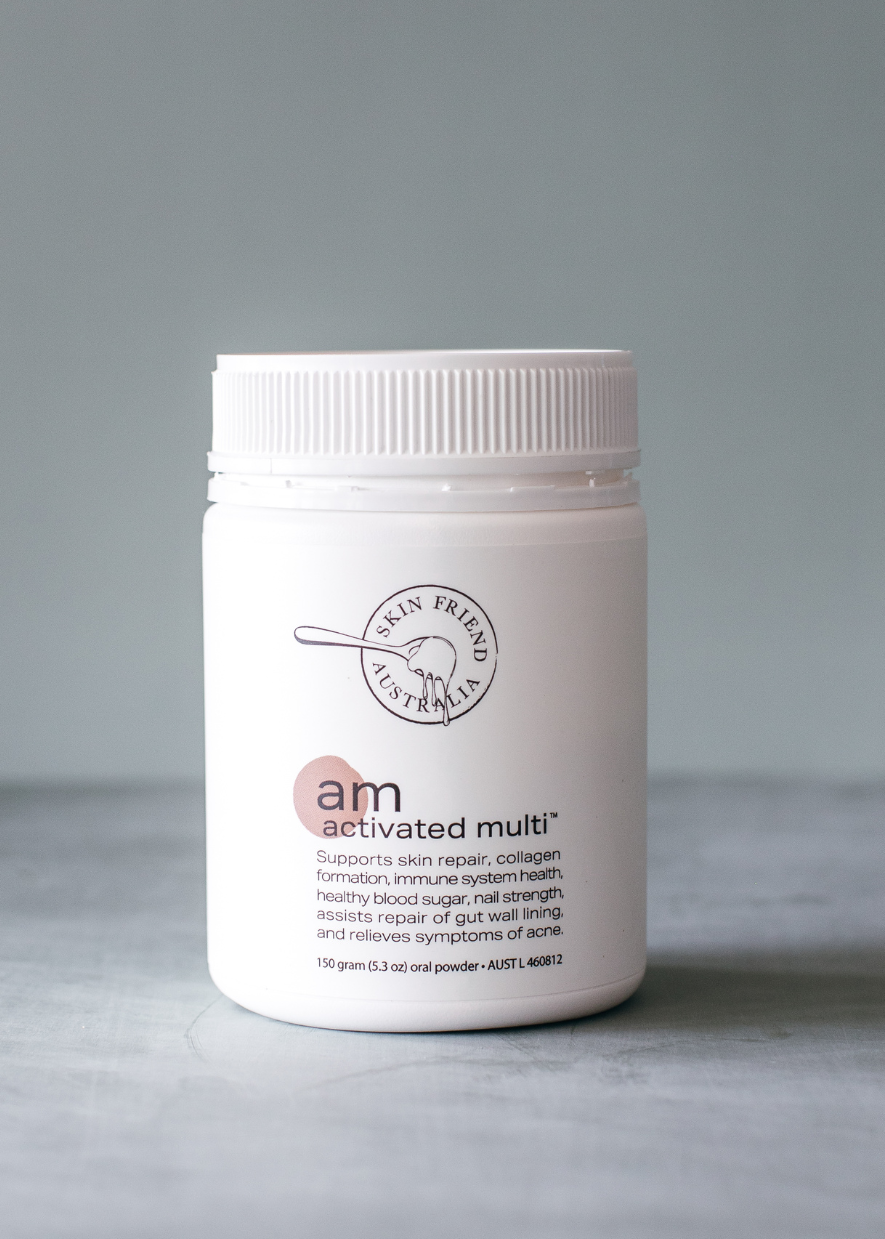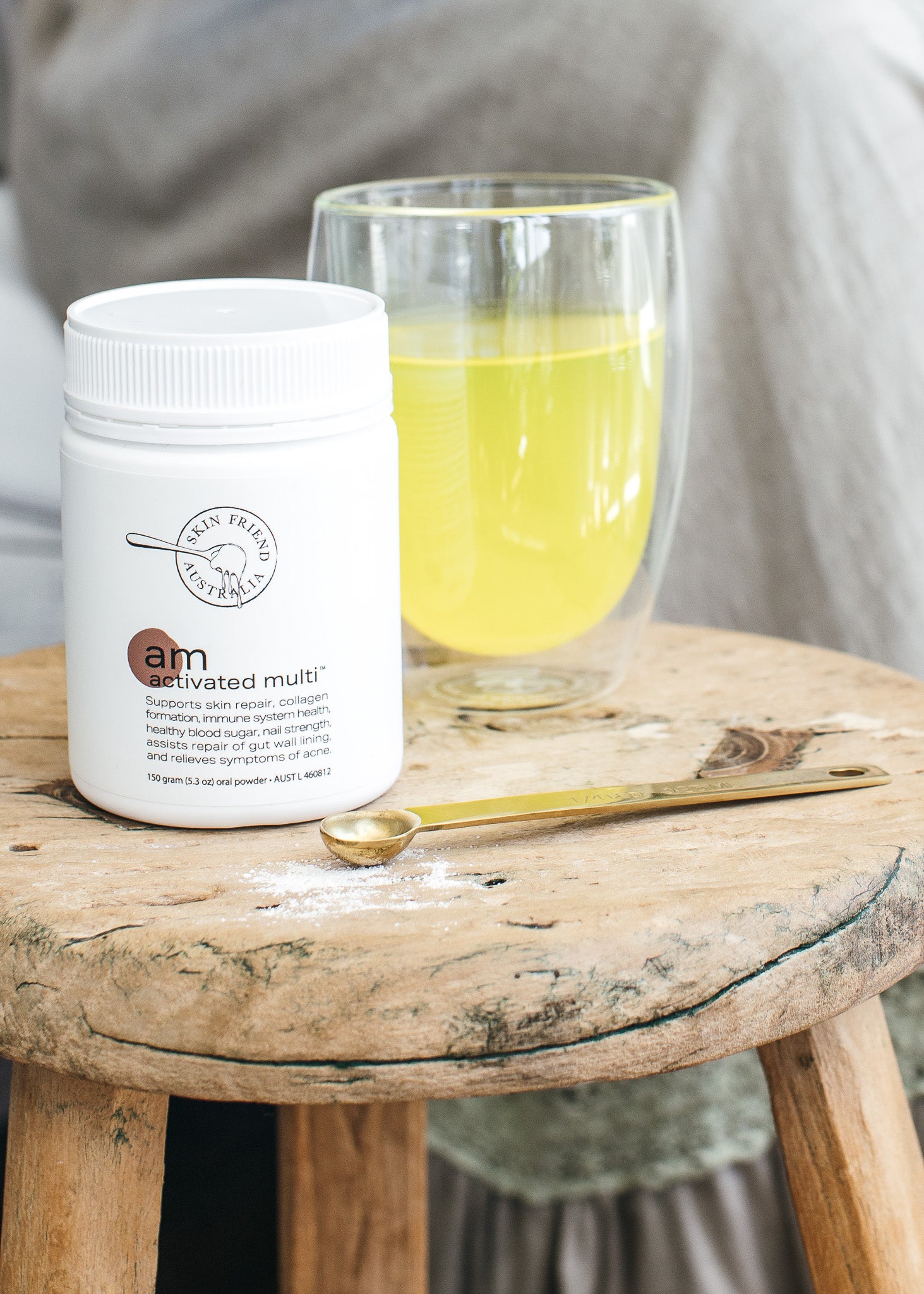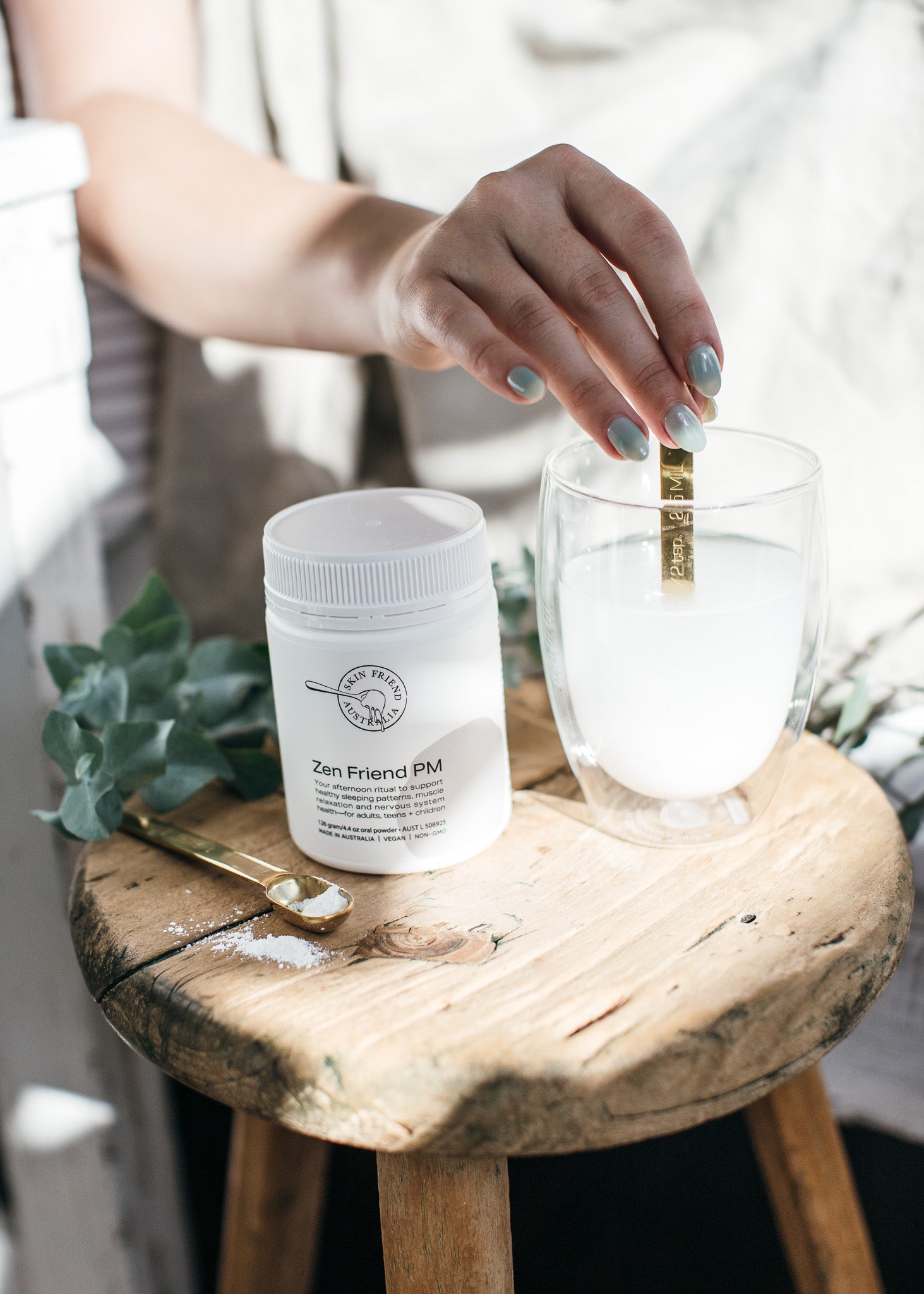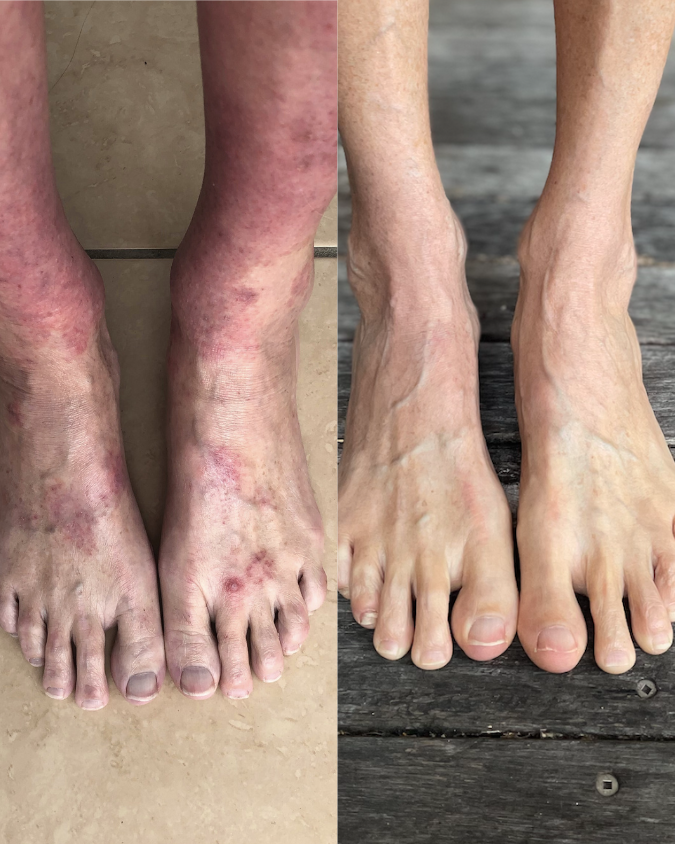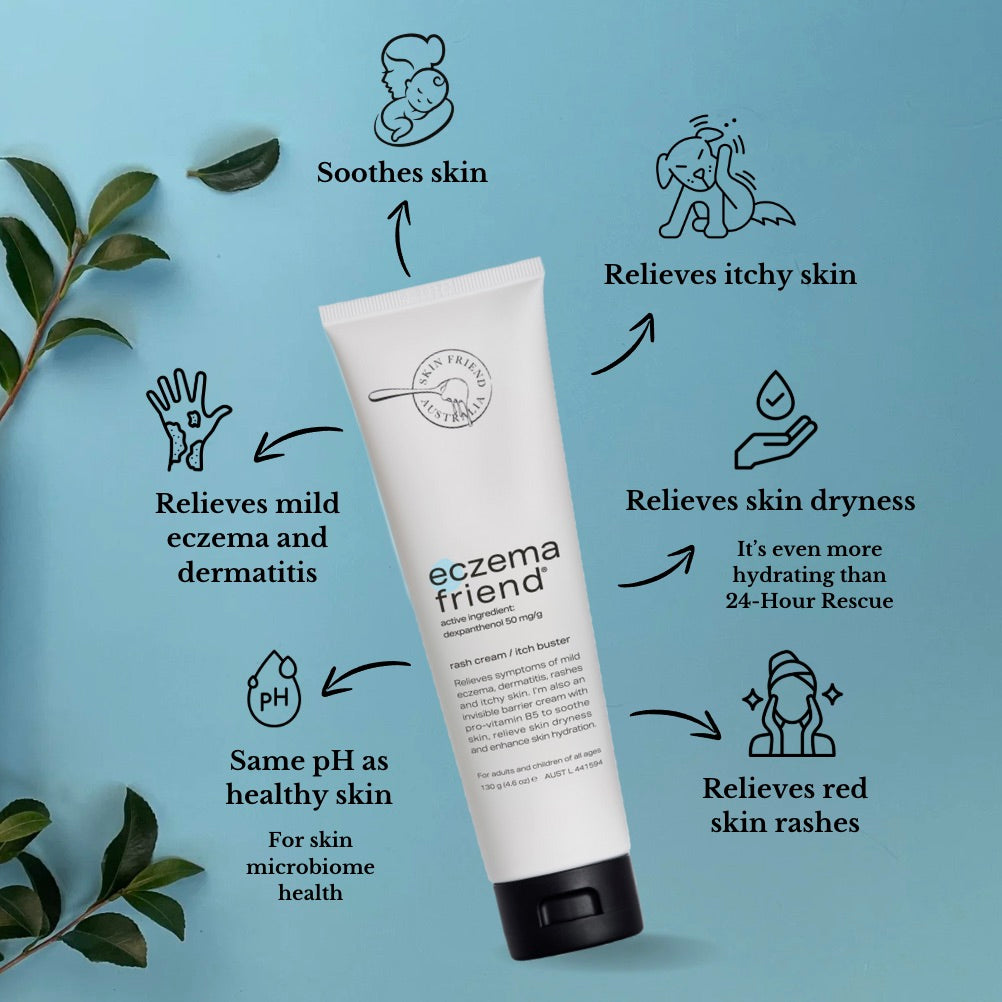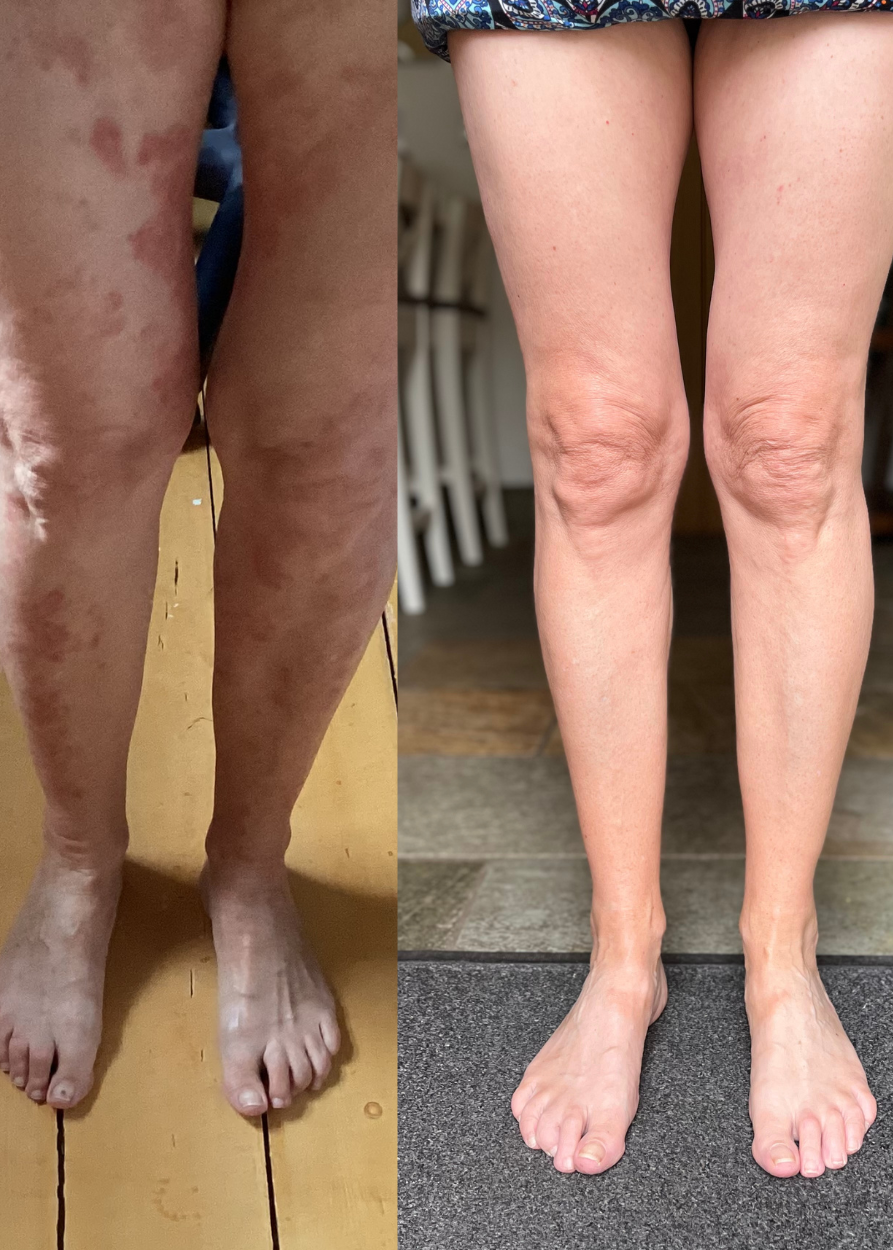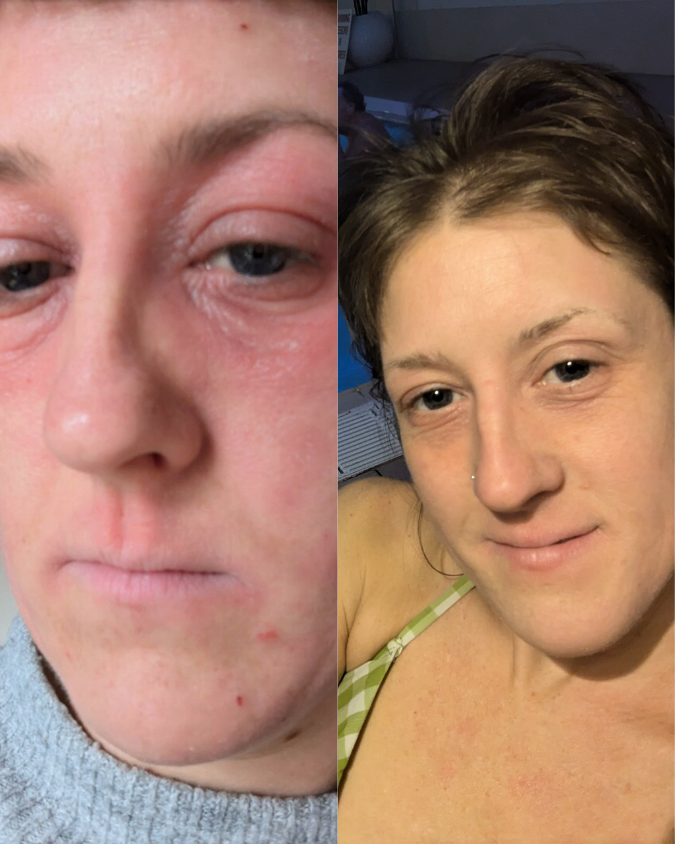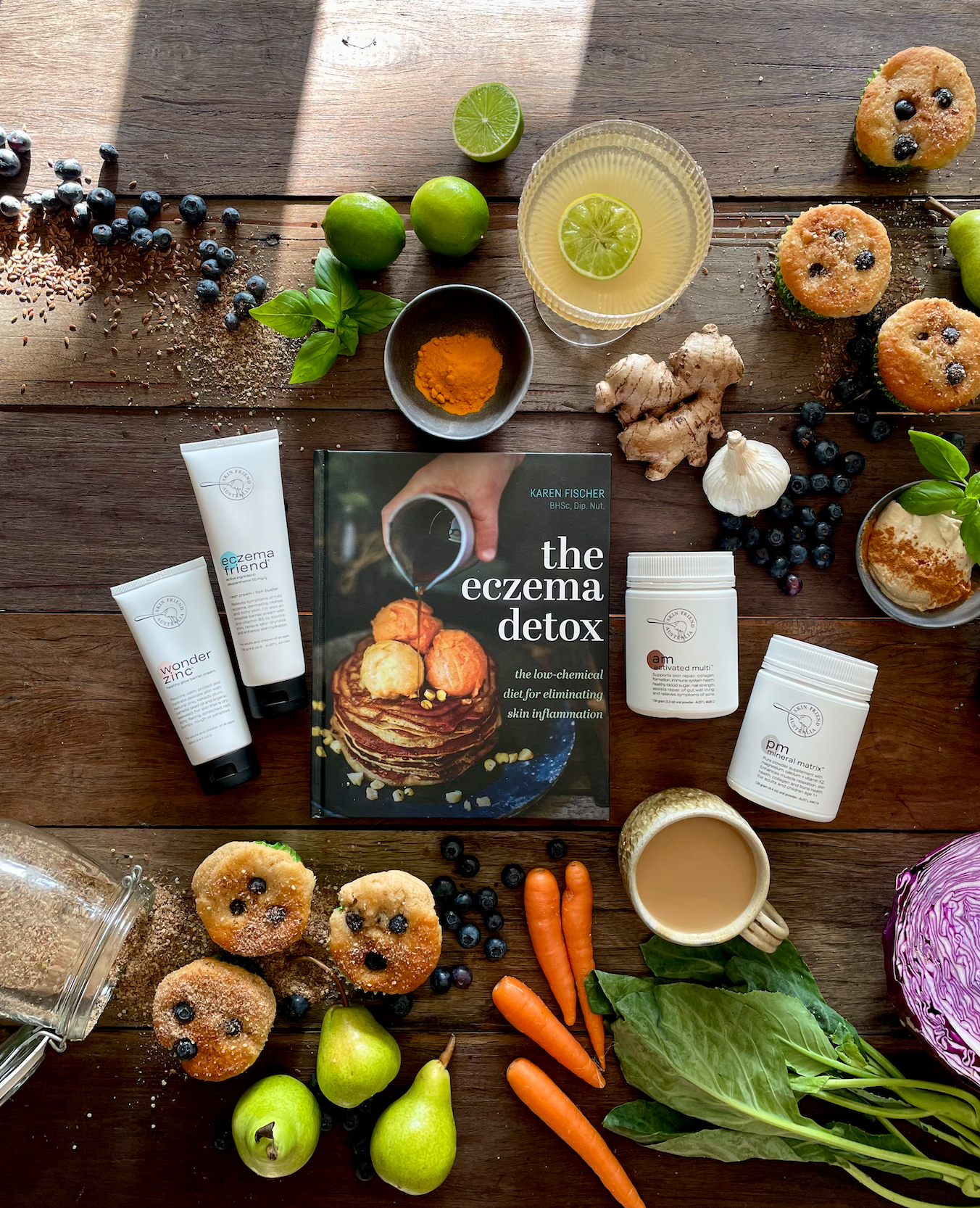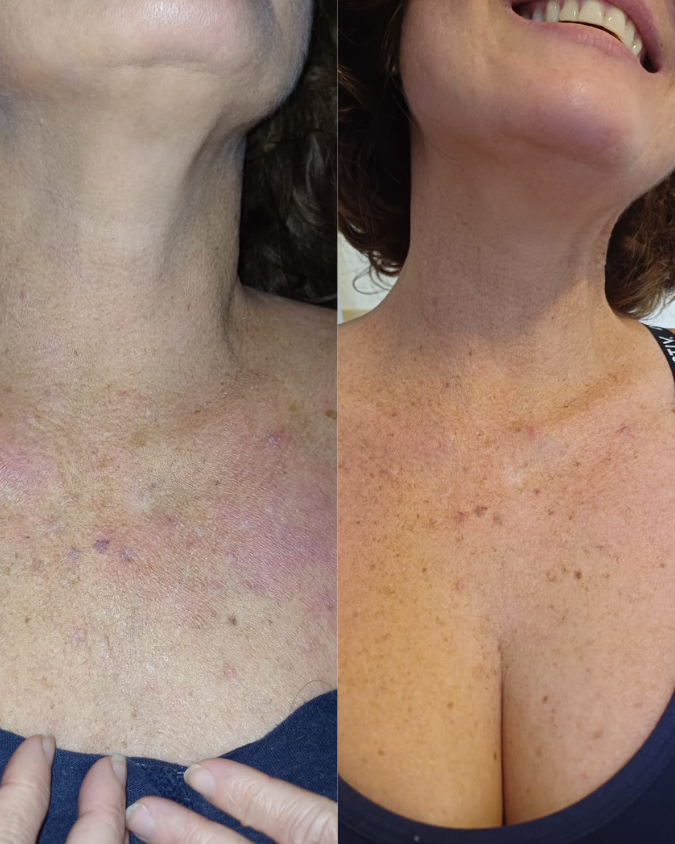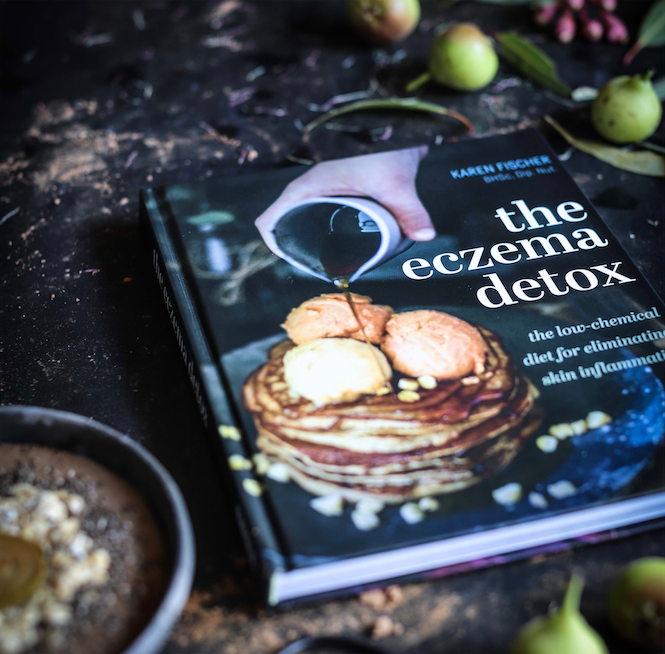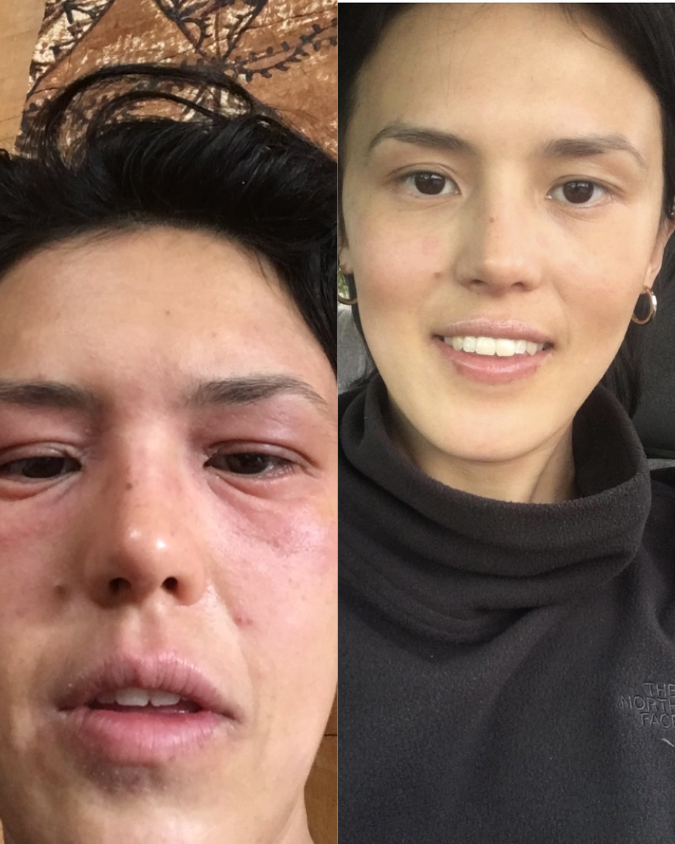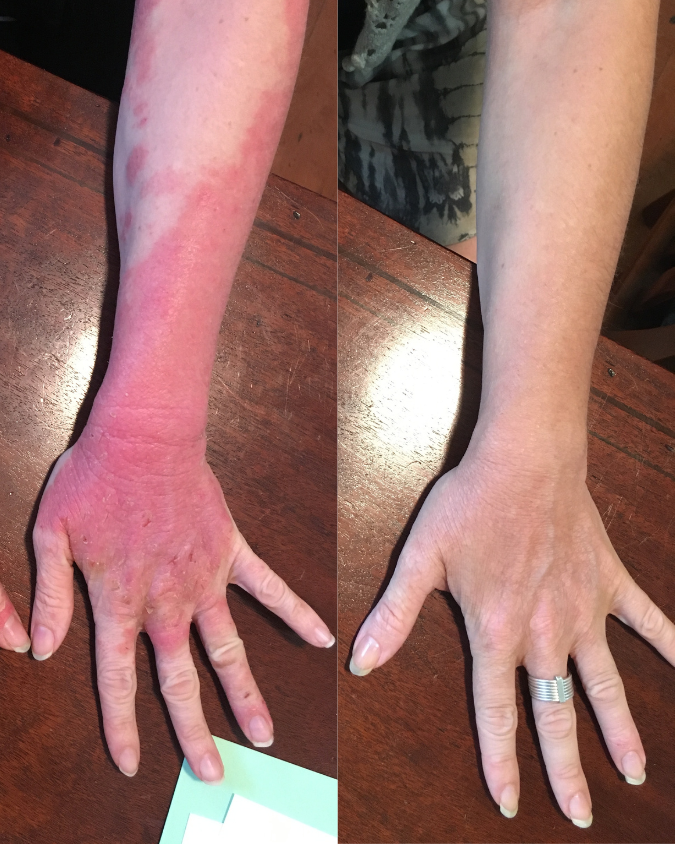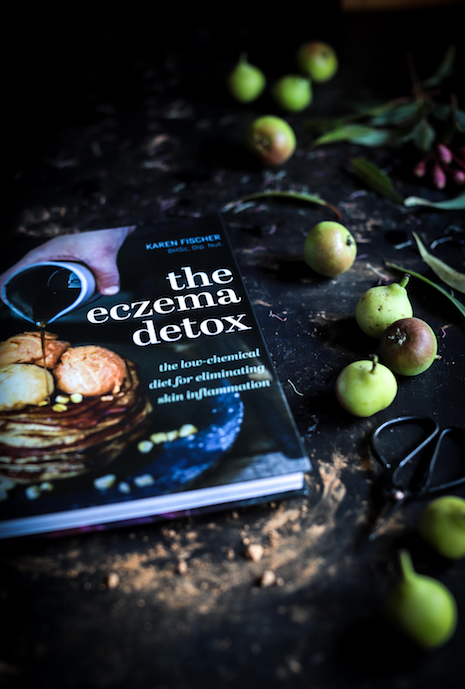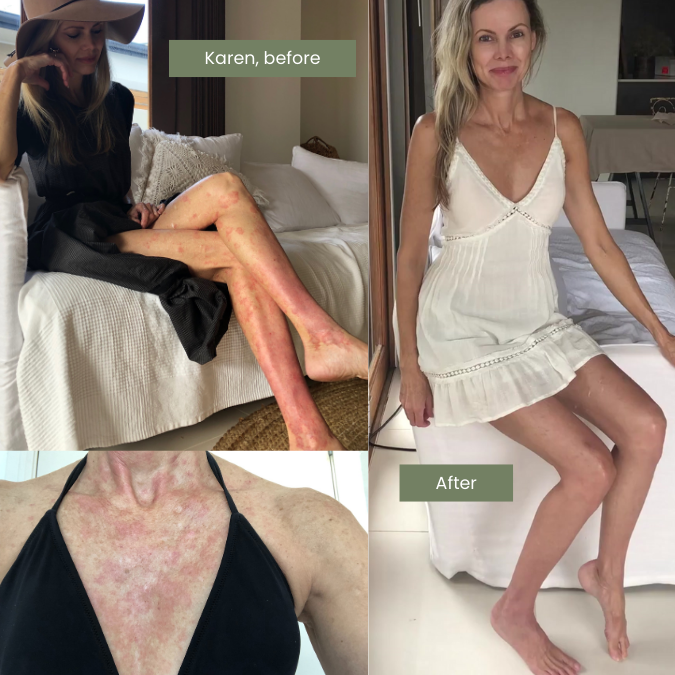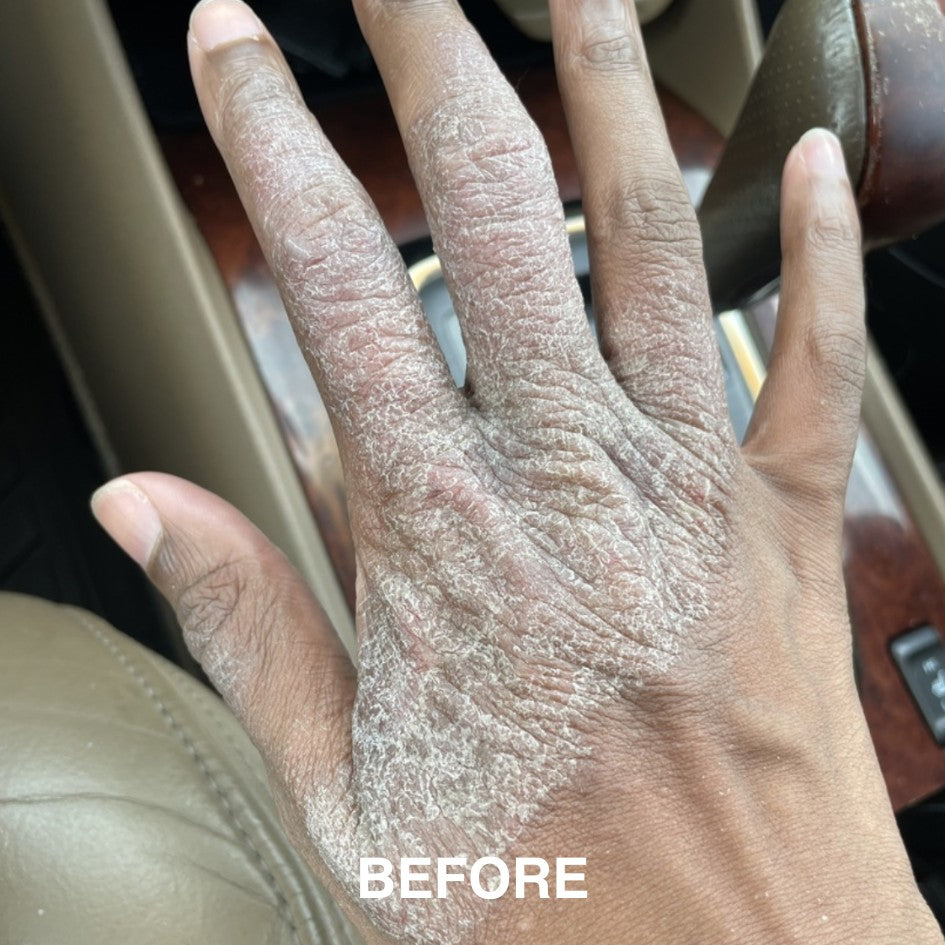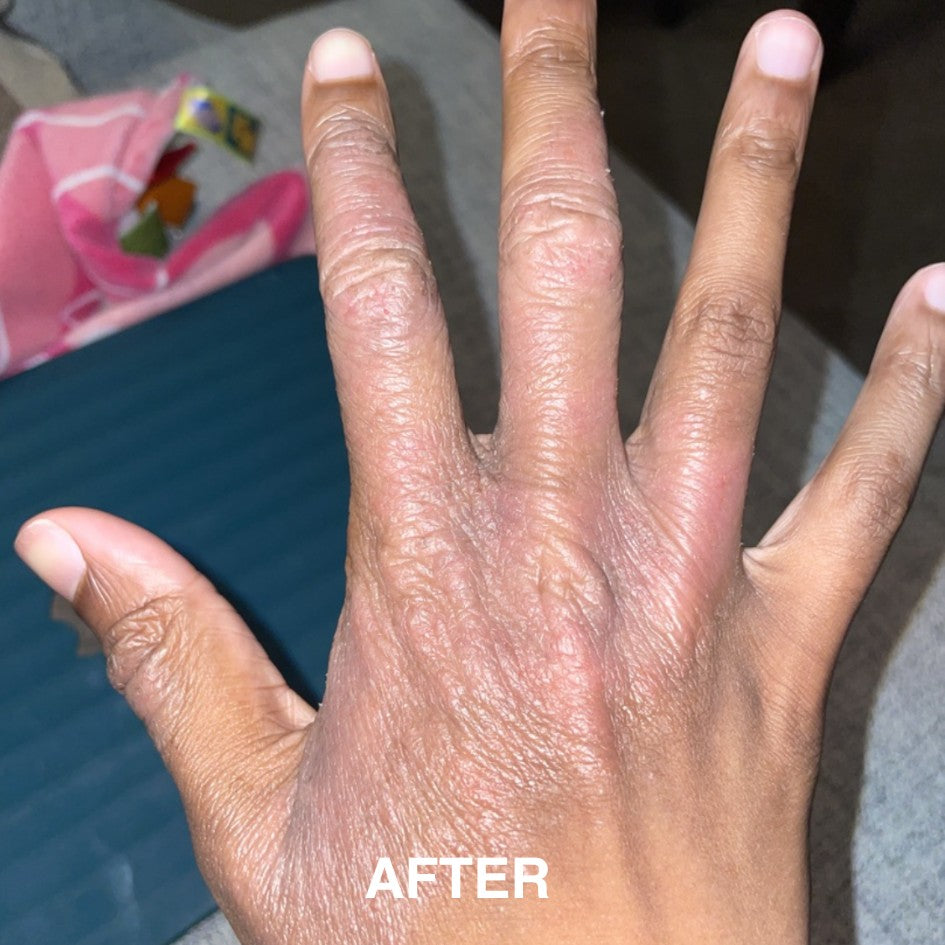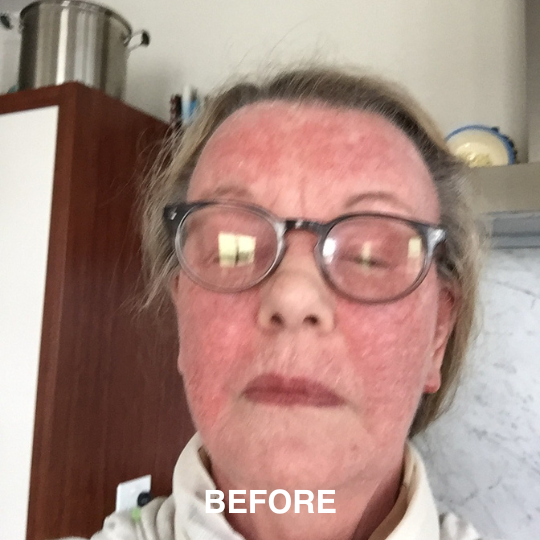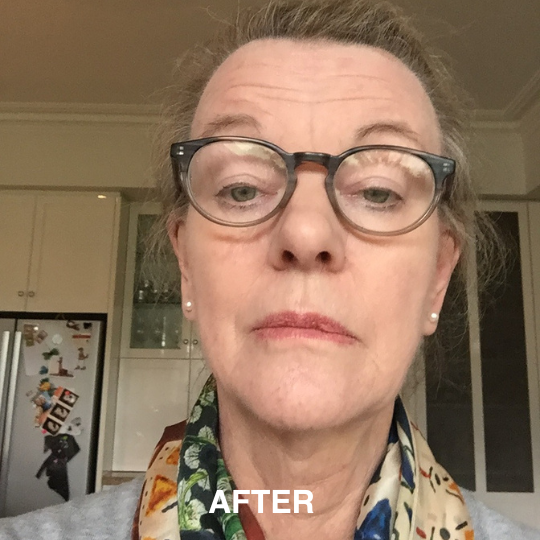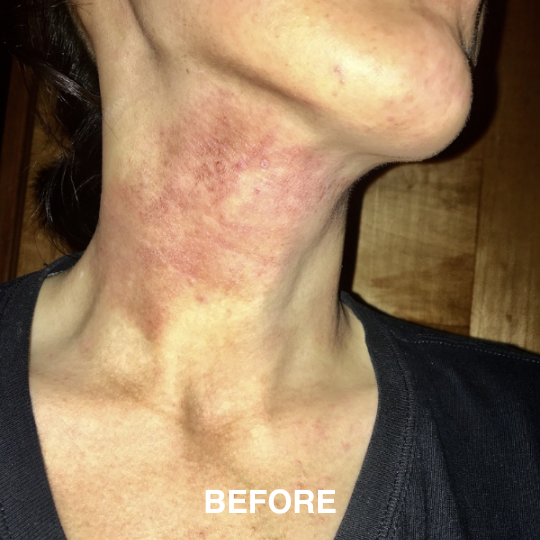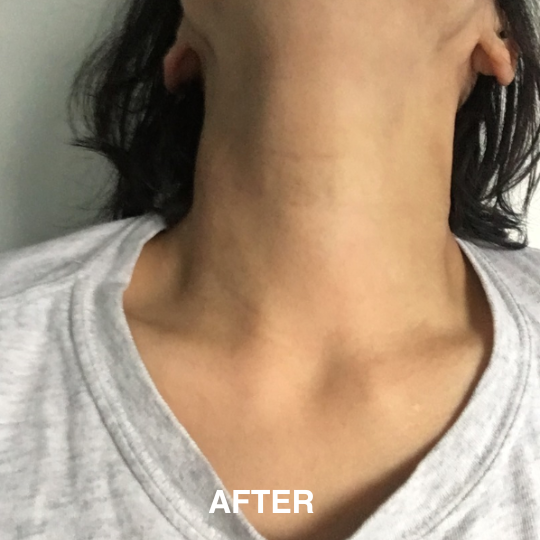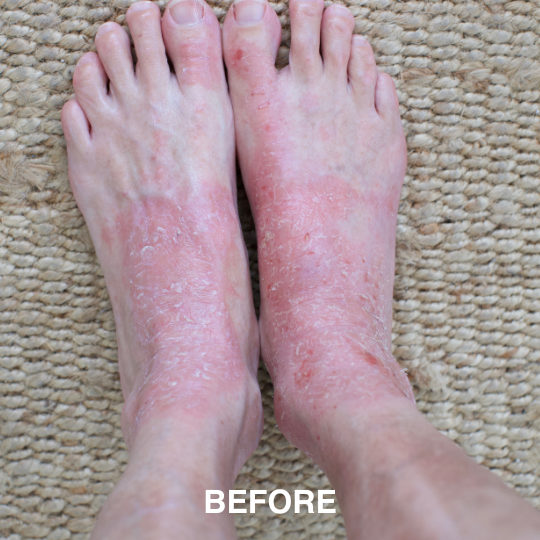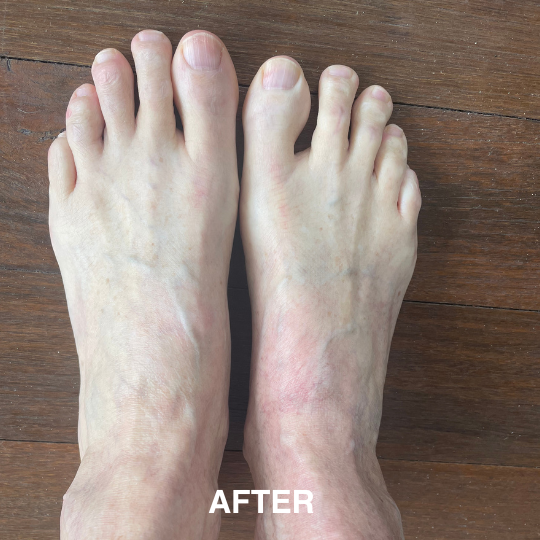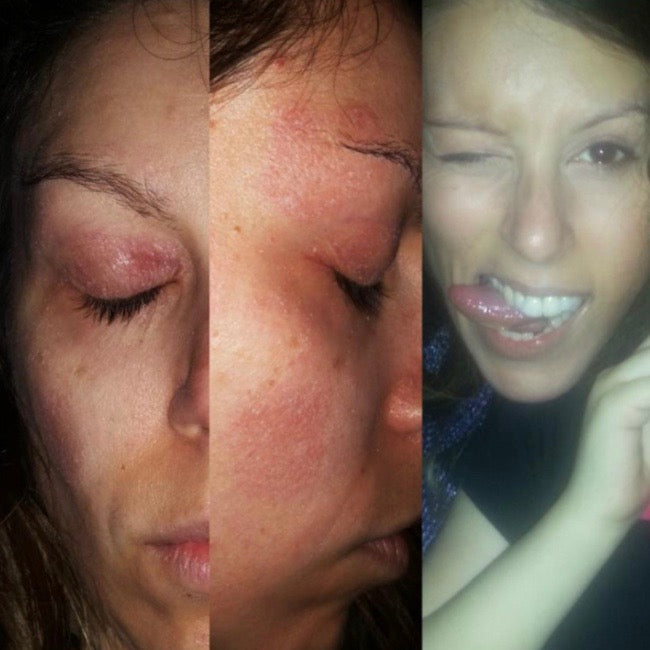
This information is the opposite of what many bloggers recommend for eczema. And it's a common mistake practitioners have been making for years when treating eczema and other types of skin inflammation.
In fact, I made some of these mistakes when I first became a health practitioner many years ago, mainly because the research I am discussing is new. Like all scientists, I'm willing to be wrong in order to get to the truth. But often we get stuck 'defending our herbal prescriptions' rather than changing them when the new research demands it.
As I'm a nutritionist specialising in eczema, I receive hundreds of emails from eczema sufferers and I've noticed this: eczema sufferers are confused and more itchy than ever because there is so much conflicting information available.
So I'm hoping to get the word out about eczema. Here is a sample of the information I will be teaching at my eczema workshops throughout the year, and it's a good start to understanding your eczema...
Eczema and your immune system: why teas and spices could be making you crazy itchy
While some ingredients such as turmeric and green tea are healthy, if you have a Th2 dominant condition such as eczema, they can actually worsen your skin. Let me explain...
What is Th2?
(A quick lesson on the immune system... it will be brief!)
In a healthy immune system, the two types of T-helper Cells (abbreviated to ‘Th’) are called Th1 and Th2.
Th1 and Th2 do several jobs:
- They recognise foreign nasties known as 'pathogens'
- They make hormonal 'messenger' proteins (called cytokines) which travel to the source of your inflammation
- They work together to create a balanced immune system.
Now this 'balance' can be likened to a seesaw, you want both Th1 and Th2 to work synergistically, and not have one type of T-helper cells take over and dominate on a long-term basis.

Eczema and Th2 research:
- Eczema sufferers are commonly born with a significant Th2 dominant immune system (Abrahamsson, 2011).
- Researchers have firmly established that people with eczema have a Th2 dominant immune system and suppressed Th1 responses, which contributes to developing food sensitivities and allergies (refer to the seesaw diagram, below). (Eyerich, 2013)
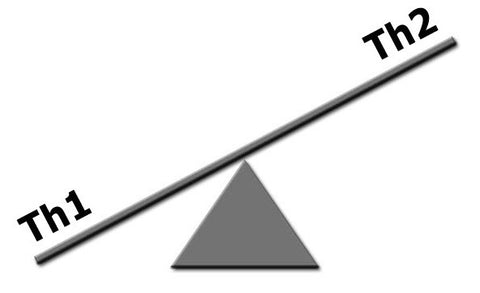
Eczema is Th2 dominant: T cells down, B cells elevated
Are you Th2 or Th1 dominant?
Diseases are usually either Th1 dominant or Th2 dominant but some autoimmune diseases, such as Hashimoto’s, can switch from one to the other. Psoriasis and rheumatoid arthritis are usually Th1 dominant diseases. Confusing I know! But if you have eczema this information is important.
In your body, Th2 cells deal with:
- bacteria
- toxins
- and allergens
So they are the good guys if they are kept in balance. Th2 dominance means they can overreact to foods and your environment and that worsens your eczema (but it's not the whole story, as my book, The Eczema Diet, explains).
Th2 dominant health problems and diseases:
|
eczema
atopic dermatitis
asthma
sinusitis
inflammatory bowel disease
sinusitis
|
allergies
cancer
ulcerative colitis
Lupus
Scleroderma
Candida albicans infestation
|
11 ingredients/beverages that elevate Th2: avoid these!
If you have a Th2-dominant conditions such as eczema, asthma, Lupus or dermatitis, the following foods can worsen inflammation as they stimulate Th2.
- Coffee (decaf may be ok)
- Black tea
- Green tea and Matcha tea (inhibits Th1)
- Cocoa/cacao/chocolate
- Iced tea
- Pycnogenol (found in pine bark herbal extracts and apples)
- Lycopene (from tomato, guava, watermelon and grapefruit)
- Resveratrol (from grapes, red wine, peanuts, cocoa and cacao)
- Willow bark (contains salicylates, similar to aspirin)
- Olive leaf herbal extract (ref)
- Hemp seeds [and marijuana] (contains TCH which suppresses Th1) (ref)

While some of the above ingredients are perceived as healthy and can be fine for people who are not Th2 dominant, if you have a Th2 dominant condition such as eczema, avoid these ingredients as a part of your recovery.
People often recommend general health advice to eczema sufferers but eczema is a special condition and you need carefully formulated prescriptions. This sums it up perfectly:
One man's medicine is another man's sleepless night itching!
Why can green tea make you itch like crazy?
While the health benefits of green tea is well documented, it can mess with your immune system if you have eczema, as it stimulates your Th2 immune system, which is already over-stimulated.
Caffeine (avoid this)
Chocolate, coffee and regular black tea also worsen Th2 dominant disorders including eczema, as caffeine suppresses Th1 immune function.
Cacao, Matcha tea and some soft drinks also contain caffeine which could make you itchier than ever as they stimulate Th2 (which we want to calm down, not stimulate).
Stick with decaf coffee if you would like to enjoy a drink when out with friends or family.
Olive leaf extract (avoid this)
In animal studies, olive leaf extract significantly elevated Th2 immune system responses, so if you have eczema it may be risky to consume olive leaf extract (Park, 2013). Olive oil may be a problem for the same reasons.
Hemp seeds (avoid this)
Marijuana and hemp seeds (including hemp products such as protein powder and hemp seed milk), contain THC which suppresses Th1 immune function. Now this is a problem if you have eczema as you want to increase Th1, not suppress it as this will only worsen your Th2 dominant condition. (Newton, 2004)
So avoid smoking and hemp seed products if you have a Th2 dominant condition such as eczema.
Hemp seed oil is fine to consume.
Can Th2 dominance be reversed permanently?
Yes, in most cases you can balance your immune system but it is not a passive event where you merely take a pill, then go back to drinking coffee, eating sugar and smoking cigarettes - you've got to look after your health and eat well.
Also ensure you don't have nutritional deficiencies. I am a big advocate of supplements as they are the fastest way to reverse nutritional deficiencies. Your skin needs vitamins and minerals every day and a simple deficiency such as vitamin A or vitamin E can unbalance your immune system and make it Th2 dominant.
Here is how to reverse it:
Vitamin E - the Th1 and Th2 balancer (try this!)
Vitamin E is the predominant antioxidant in human skin and it is essential for preventing skin inflammation for many reasons, most notably its balancing effect on the immune system.
6 surprising facts about vitamin E:
- Vitamin E balances Th1 and Th2, by improving Th1 responses in the body (Han, 2000).
- Vitamin E's anti-inflammatory action decreases the allergy marker immunoglobulin E (IgE) in allergy sufferers, so it can decrease the severity of allergic reactions.
- Vitamin E inhibits the production and release of inflammation-making substances called prostaglandins (Tsoureli‐Nikita 2002).
- Vitamin E is believed to stabilize lysosomal membranes, potentially inhibiting events involved in autoimmune diseases (Ayres 1978).
- Vitamin E decreases inflammation in immune cells and inhibits lipoxygenase production, which is involved in eczema, psoriasis and other skin rashes. (Meydani, 1990)
- Vitamin E supplements are usually GMO soy-based! Avoid soy based vitamin E. It won't be stated on the label so you will have to call your supplement manufacturer, unless the label states "Non-GMO", "soy free".
Vitamin C (try this)
While vitamin E is brilliant for eczema, no nutrient works alone. Vitamin E works best when combined with several other nutrients:
- Vitamin C has a positive vitamin E recycling effect in the body as vitamin C rejuvenates/revives vitamin E after it has been destroyed by oxidation.
- Beta-carotene is another antioxidant that helps to boost the protective action of vitamin E: as beta-carotene is more lipophilic than vitamin E it's able to access and protect inside your cell membranes (lipophilic means it dissolves better in fats). (ref: Niki, 1995).
- Vitamin A (beta-carotene) deficiency causes Th1 and Th2 dysfunction (Stephensen, 2004). The vitamin A deficiency prevents proper formation of Th1 cells, which can lead to Th2 dominance.
Vitamin A: which type is best?
While a vitamin A deficiency is one of the causes of Th2 dominance (and Th1 suppression), DO NOT take vitamin A (retinol) supplements as they can make your skin flake off in droves. I learnt this the hard way and my face peeled for a week when I briefly took a vitamin A oral supplement.
Avoid: retinol types of vitamin A
Fat-soluble, retinol forms of vitamin A dry out the skin and worsen eczema so avoid retinoic acid and other forms of vitamin A.
Favour: natural betacarotene
Instead, eat half a corrot or take natural beta-carotene as it is a safe way to boost your vitamin A levels. When buying supplements, look for words such as "natural beta-carotene" and "Dunaliella salina" - a natural microalgae best known as a source of natural beta-carotene.
Products for eczema and preventing Th2 dominance
While vitamin E, vitamin C and Dunaliella salina are only three of many nutrients which are essential to preventing eczema, you can get all the nutrients from one source instead of buying twenty products.
I'm not keen to spruke my products online - please use whatever you like to become 100% eczema-free and do your own research.
However, I am guessing you have probably tried every cream, probiotic and eczema drug and you still have eczema. I get hundreds of emails and messages on Facebook and Instagram) asking for my advice on eczema products. People tell me they have tried everything and have seen dozens of specialists, spent thousands of dollars and they are depressed and disheartened and still itchy.
So to save you time and money (as I am expensive to see in person), this is what I prescribe to my eczema patients and these are the products which featured in the "Breakthrough diet for eczema" story which aired on 7 News in Australia: Skin Friend AM, eczema relief cream and The Eczema Diet. (Again, my apologies for the promo. If you want to know more, please read on.)
Skin Friend AM is 100% non-GMO, vegan and soy-free and contains organic vitamin E, vitamin C and natural beta-carotene (14 nutrients in total) to balance the Th1 and Th2 immune system. It also "contains ingredients that assist in the healing and repair of the skin" (TGA wording).
Skin Friend is not another skin cream. It's a vitamin and mineral supplement. It contains no herbs so Skin Friend is also safe for children to use (over age 1).
Below is our 7 News interview which aired in Australia this year. Note my patient Georgie Broos was interviewed and you'll see she added Skin Friend to her smoothie in the news video.
Remember eczema is a unique skin condition so it needs specialised health advice.
Products
We recommend nutritionist Karen Fischer's low food chemical program The Eczema Detox Clear Skin Toolkit, along with additive-free supplements for eczema skin health and wellbeing. Click on the image to view more details:

Click for references
Abrahamsson T, Sandberg M, Forsberg A, Bjorksten B, Jenmalm MA. (2011). Th1/Th2-associated chemokine imbalance during infancy in children developing eczema, wheeze and sensitization.
Park JH, Jung JH, Yang JY, Kim HS. (2013). Olive leaf down-regulates the oxidative stress and immune dysregulation in streptozotocin-induced diabetic mice. Nutrition Research. 33(11):942–951.
Han SN, Wu D, Ha WK, Beharka A, Smith DE, Bender BS, Meydani SN. (2000). Vitamin E supplementation increases T helper 1 cytokine production in old mice infected with influenza virus. Immunology. 100(4):487–493.
Niki E, Noguchi N, Tsuchihashi H, Gotoh N. (1995). Interaction among vitamin C, vitamin E, and beta-carotene. Am J Clin Nutr. 62(6):1322S–1326S.
Stephensen CB, Jiang X, Freytag T. (2004). Vitamin A deficiency increases IL-10–positive Th2 and decreases Th1 cell development in mice. J Nutr. 134(10):2660–2666.
El-Baky HA, El-Baz FK, El-Baroty GS. (2004). Production of antioxidant by the green alga Dunaliella salina. Int J Agric Biol. 6(1).
Xue LX. (1993). [Experimental study on extract of Dunaliella salina in preventing NSAR-induced cancer of proventriculus in mice]. Zhonghua Yu Fang Yi Xue Za Zhi. 27(6):350–353.
Shytle DR, et al. (2012). Optimized turmeric extract reduces β-Amyloid and phosphorylated Tau protein burden in Alzheimer’s transgenic mice. Curr Alzheimer Res. 9(4):500–506.
Ukil A, Maity S, Karmakar S, Datta N, Vedasiromoni JR, Das PK. (2003). Curcumin reduces mucosal injury in TNBS‐induced colitis. Br J Pharmacol. 139(2):209–218.








